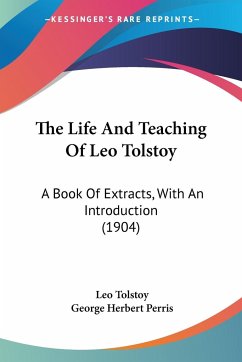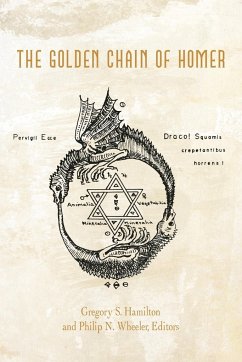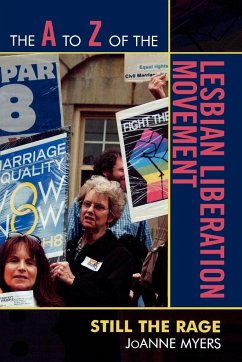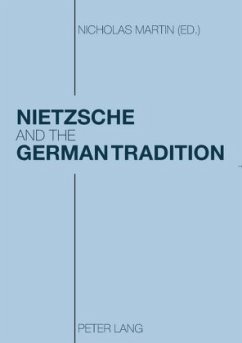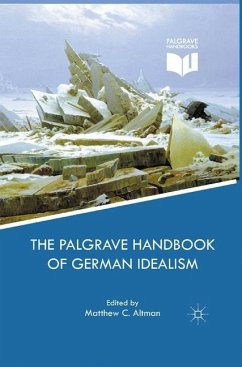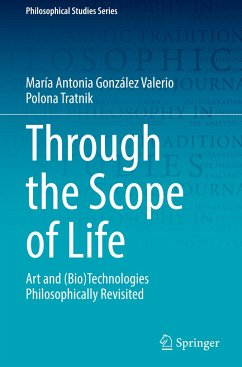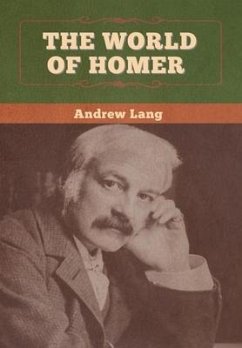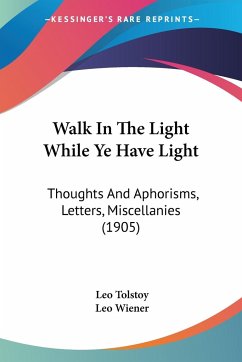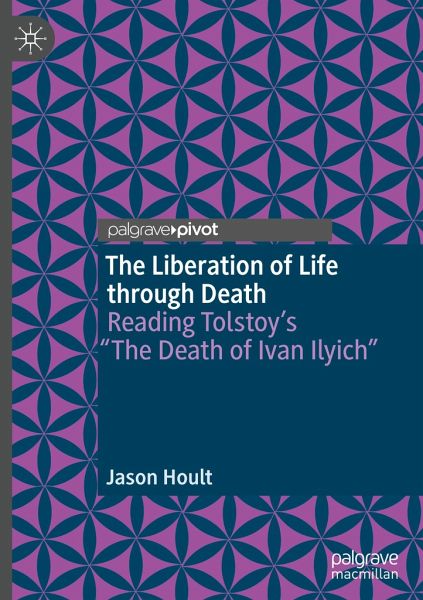
The Liberation of Life through Death
Reading Tolstoy's "The Death of Ivan Ilyich"

PAYBACK Punkte
19 °P sammeln!
This book undertakes to show how the exercise of reading Tolstoy's "The Death of Ivan Ilyich" involves articulating for ourselves, as readers, what it means to liberate life through death. What Tolstoy's short story shows us, the author argues, is that life can be truly liberated through death only when we see that death is neither a supernatural event nor a natural end but involves a work of love. In Part 1 of his study, the author addresses the common assumptions that give rise to the idea that religious and secular views of life and death are opposed in modernity. He also examines the histo...
This book undertakes to show how the exercise of reading Tolstoy's "The Death of Ivan Ilyich" involves articulating for ourselves, as readers, what it means to liberate life through death. What Tolstoy's short story shows us, the author argues, is that life can be truly liberated through death only when we see that death is neither a supernatural event nor a natural end but involves a work of love. In Part 1 of his study, the author addresses the common assumptions that give rise to the idea that religious and secular views of life and death are opposed in modernity. He also examines the history of values that Tolstoy's story embodies. In Part 2, he analyses the life and death of Ivan Ilyich in order to show that the values that are embedded in Tolstoy's story are at once religious and secular.





